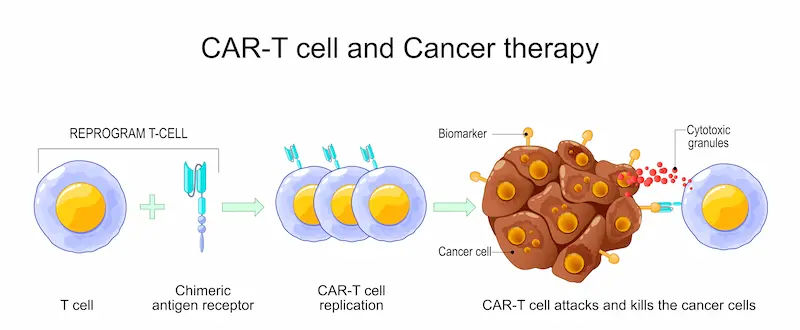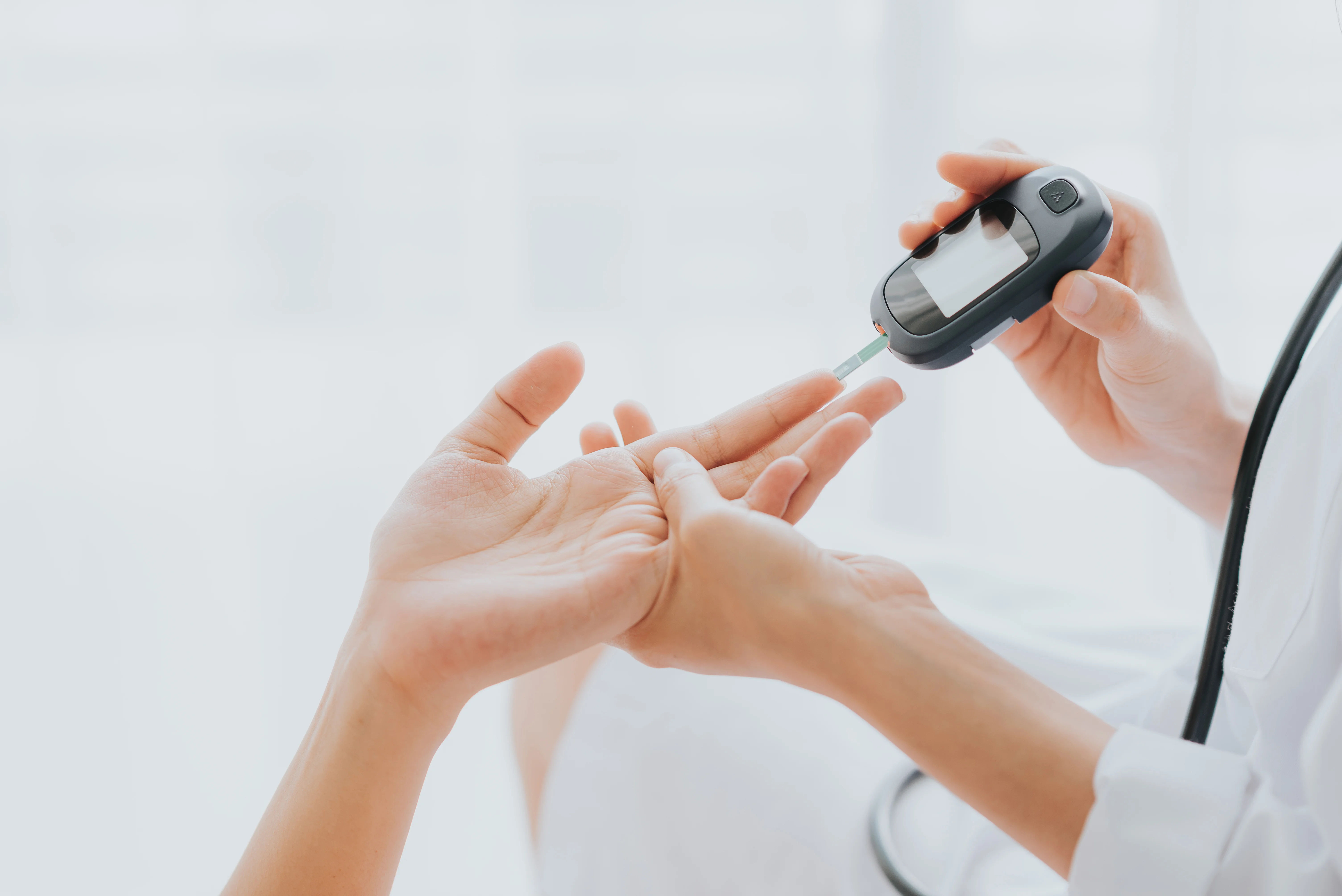Sweating and Body Odour: Causes, Prevention, and Solutions
Learn about the causes of sweating and body odour, along with practical tips for prevention and treatment. Discover effective hygiene habits, lifestyle changes, and medical solutions to stay fresh and confident all day.

Written by Dr.Sonia Bhatt
Last updated on 13th Jan, 2026

Introduction
We’ve all experienced that moment when you feel a bit too sweaty or catch a whiff of body odour that wasn’t there before. While sweating is natural, it can sometimes lead to uncomfortable situations and make us feel less than fresh. However, there are solutions to prevent it. By understanding why we sweat and what causes body odour, you can take simple steps to stay cool and confident, no matter what your day throws at you. In this article, we’ll dive into what causes sweating and body odour, how to prevent it, and some easy solutions to keep you feeling fresh all day long.
What Is Sweating?
Sweating, also known as perspiration, is the body’s way of cooling down. The process involves the secretion of fluid from sweat glands onto the skin's surface. The primary function of sweating is to maintain a stable body temperature. When you exercise, are exposed to high temperatures, or feel anxious or stressed, your body triggers sweat production to help cool itself down.
There are two types of sweat glands involved in the process:
Eccrine glands: These are the most common sweat glands found all over your body, especially on your palms, soles, and forehead. They secrete a clear, odourless fluid primarily composed of water and salt to regulate temperature.
Apocrine glands: Located primarily in areas with dense hair follicles (such as the armpits and groin), these glands secrete a thicker, milky fluid that contains fatty acids and proteins. This type of sweat is more likely to contribute to body odour because when it breaks down by bacteria on the skin, it creates an unpleasant smell.
Understanding Body Odour
Body odour arises when sweat is broken down by bacteria that naturally exist on the skin. These bacteria thrive in moist environments, like the armpits or feet, and when sweat comes into contact with them, they decompose the sweat, producing volatile compounds that cause a strong, often unpleasant smell.
Not all sweat results in body odour. Eccrine sweat, which is mostly water and salt, doesn’t typically create an odour. However, sweat from apocrine glands is different. The protein-rich sweat from these glands provides a fertile breeding ground for bacteria, which leads to the odour people typically associate with sweat.
Common Causes of Excessive Sweating and Body Odour
Excessive sweating and body odour can result from various factors, ranging from medical conditions to lifestyle choices. Let’s take a look at some of the most common reasons behind excessive sweating and body odour.
A. Common Causes of Excessive Sweating
Sweating is a natural bodily function, but in some cases, it can occur excessively, even without a clear trigger. Understanding the causes can help in finding the right management strategies.
Primary Hyperhidrosis: This is a condition where excessive sweating occurs without an underlying medical cause. It often affects specific areas like the hands, feet, underarms, and face.
Secondary Hyperhidrosis: This type of excessive sweating is due to an underlying medical condition or medication. Conditions that can cause secondary hyperhidrosis include:
Hyperthyroidism: An overactive thyroid gland.
Diabetes: Especially when blood sugar levels are low (hypoglycemia).
Infections: Such as tuberculosis or malaria.
Menopause: Hormonal changes can lead to increased sweating.
Medications: Some medications, including beta blockers and antidepressants, can cause excessive sweating as a side effect.
Stress and Anxiety: Emotional stress and anxiety can trigger excessive sweating.
Physical Activity and Heat: Engaging in physical activities or being in hot environments can naturally cause sweating.
B. Common Causes of Body Odour
Body odour develops when sweat interacts with bacteria on the skin, but several other factors can also contribute.
Bacteria on the Skin: Body odour is primarily caused by bacteria on the skin breaking down sweat into acids. The apocrine glands, found in areas like the armpits and groin, produce sweat that bacteria can break down.
Diet: Certain foods like garlic, onions, and cruciferous vegetables (e.g., broccoli and cabbage) can contribute to body odour.
Hormonal Changes: Hormonal changes, especially during puberty and menopause, can affect body odour.
Medical Conditions: Conditions such as hyperthyroidism, diabetes, and infections can lead to changes in body odour.
Medications: Some medications can alter body odour as a side effect.
Hygiene: Poor hygiene practices can lead to an accumulation of bacteria on the skin, causing stronger body odour.
Consult Top Doctors for Personalised Care
How to Prevent Sweating and Manage Body Odour?
While you can't completely stop sweating, there are ways to manage it and reduce body odour. Below are some tips and strategies for staying fresh:
Good Hygiene: Regular showers and thorough washing of sweat-prone areas can indeed help control sweat and bacteria. Drying off completely after showering is crucial to prevent bacterial growth.
Antiperspirants and Deodourants: Antiperspirants reduce sweating by blocking sweat glands, while deodourants help mask body odour. Products containing aluminium chloride are particularly effective for managing excessive sweating.
Breathable Clothing: Wearing loose-fitting clothes made from natural fabrics like cotton helps the skin breathe and reduces sweat accumulation. Moisture-wicking fabrics for exercise can also help manage sweat.
Staying Hydrated: Drinking plenty of water helps regulate body temperature and can thin out sweat, making it less noticeable and reducing body odour.
Diet: Cutting back on foods that contribute to body odour, such as spicy foods, garlic, and onions, can help. Limiting caffeine and alcohol can also reduce sweating. Consuming water-rich fruits and vegetables helps flush out toxins.
Stress Management: Stress and anxiety can trigger sweating. Incorporating stress-relief practices like yoga, deep breathing, meditation, or physical activities can help manage stress and reduce excessive sweating.
Medical Solutions for Excessive Sweating (Hyperhidrosis)
Managing excessive sweating, or hyperhidrosis, often requires medical intervention alongside lifestyle adjustments. Here are some effective medical solutions:
Prescription Antiperspirants: These are strong antiperspirants that doctors can prescribe. They contain more aluminium chloride than regular ones and help reduce sweating. You apply them to dry skin before going to bed and wash them off in the morning. Once they start working, you can use them less often.
Botox Injections: Botox can be injected into areas where you sweat a lot. It blocks the nerves that cause sweating. The treatment involves several small injections and lasts about six months. You may need to get it done again after that.
Iontophoresis: This treatment is done at home. You soak your hands or feet in water while a mild electric current is passed through. It helps reduce sweating. Sessions last 20 to 40 minutes, and you need to do this a few times a week until it works. After that, you can do it less often to maintain the effect.
Microwave Therapy: A device called miraDry uses microwave energy to destroy sweat glands in the underarms. The treatment usually requires two sessions, three months apart. It can cause some discomfort and changes in skin sensation.
Nerve Surgery (Sympathectomy): In severe cases, doctors may suggest surgery to remove some nerves that control sweating in the hands. This is usually a last resort because it can have side effects like increased sweating in other parts of the body.
Conclusion
Sweating and body odour are natural and happen to everyone, but they can sometimes make us feel uncomfortable. Understanding why we sweat and what causes body odour can help us take steps to stay fresh and confident. Good hygiene, using antiperspirants and deodourants, wearing breathable clothes, staying hydrated, and managing stress are all important ways to control sweat and body odour. If you have excessive sweating, there are medical treatments that can help, like prescription antiperspirants, Botox injections, iontophoresis, microwave therapy, and nerve surgery. Talking to a healthcare provider can help you find the best solution for your individual needs.
Consult Top Dermatologists
Consult Top Doctors for Personalised Care

Dr. S Madhuri
Dermatologist
10 Years • MBBS, MD. DVL, DNB, Fellow (Dermatosurgery & Lasers)
Secunderabad
Apollo Hospitals Secunderabad, Secunderabad
(450+ Patients)

Dr. Arisha Salam
Dermatologist
6 Years • MBBS, MD, DVL, Fellowship in Paediatric Dermatology (Singapore) Fellowship in Dermatosurgery Lasers and Aesthetics
Bengaluru
Apollo Clinic, JP nagar, Bengaluru

Dr. Sumalatha C B
Dermatologist
10 Years • MBBS, DDLV, Fellowship in Dermato Surgery
Bengaluru
Apollo Clinic, Sarjapur Road, Bengaluru

Dr. Deepak Jakhar
Dermatologist
8 Years • MBBS, MD (Dermatology)
Delhi
DERMOSPHERE CLINIC,, Delhi

Dr. Sushil Singh
Dermatologist
6 Years • MBBS, MD Dermatology, Venerology & Leprosy
Kolkata
MCR SUPER SPECIALITY POLY CLINIC & PATHOLOGY, Kolkata
Consult Top Dermatologists

Dr. S Madhuri
Dermatologist
10 Years • MBBS, MD. DVL, DNB, Fellow (Dermatosurgery & Lasers)
Secunderabad
Apollo Hospitals Secunderabad, Secunderabad
(450+ Patients)

Dr. Arisha Salam
Dermatologist
6 Years • MBBS, MD, DVL, Fellowship in Paediatric Dermatology (Singapore) Fellowship in Dermatosurgery Lasers and Aesthetics
Bengaluru
Apollo Clinic, JP nagar, Bengaluru

Dr. Sumalatha C B
Dermatologist
10 Years • MBBS, DDLV, Fellowship in Dermato Surgery
Bengaluru
Apollo Clinic, Sarjapur Road, Bengaluru

Dr. Deepak Jakhar
Dermatologist
8 Years • MBBS, MD (Dermatology)
Delhi
DERMOSPHERE CLINIC,, Delhi

Dr. Sushil Singh
Dermatologist
6 Years • MBBS, MD Dermatology, Venerology & Leprosy
Kolkata
MCR SUPER SPECIALITY POLY CLINIC & PATHOLOGY, Kolkata


 Nutritional Benefits and Healthy Recipes.webp)
.webp)
